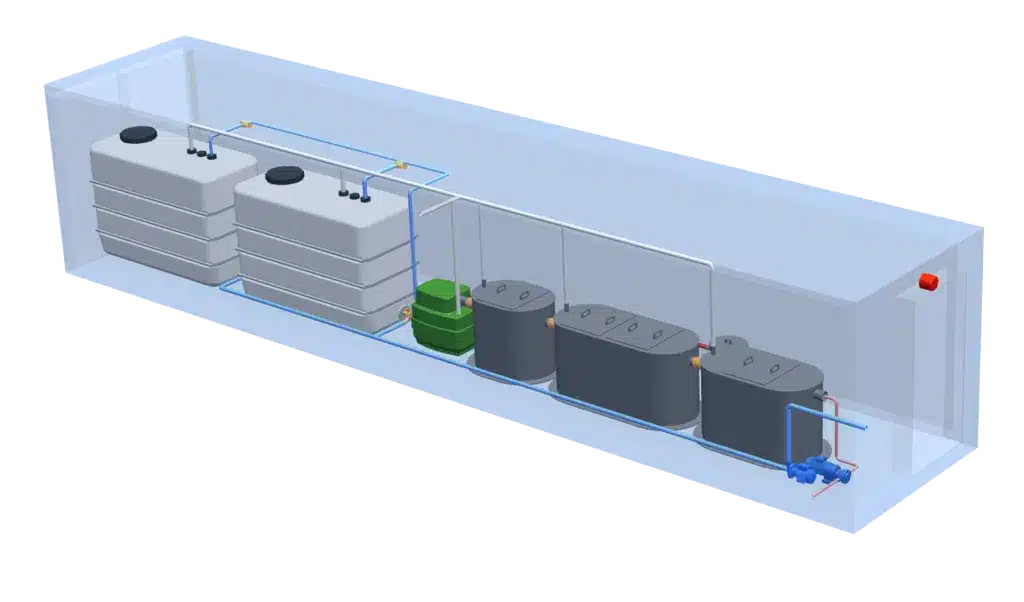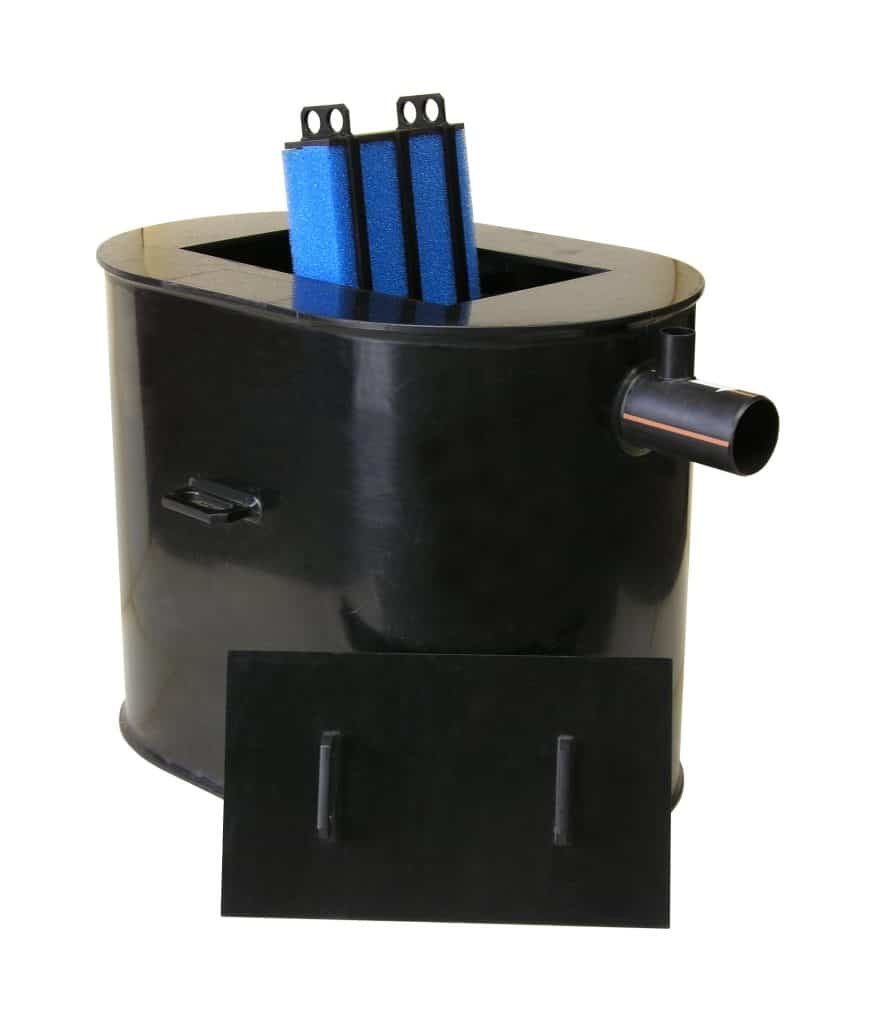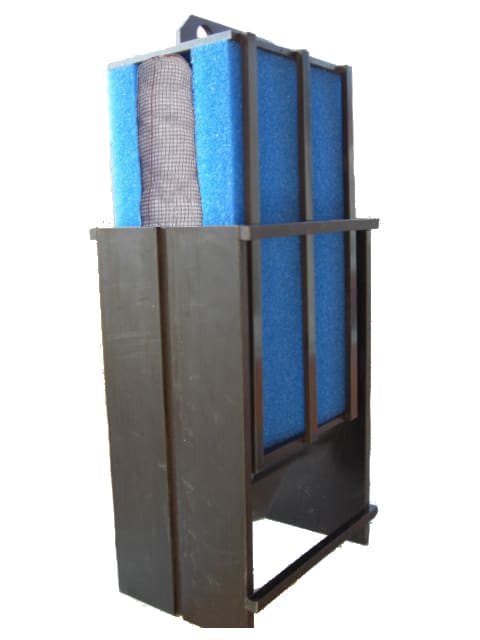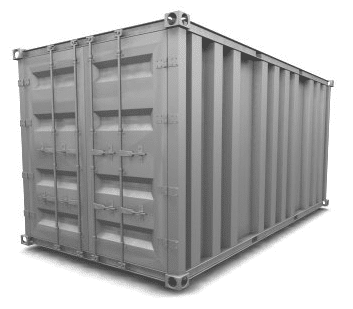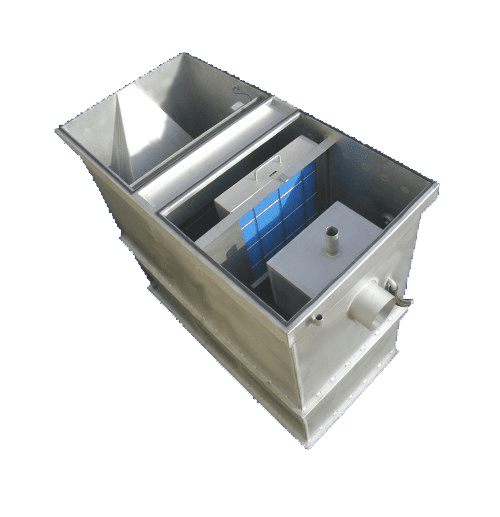In British Columbia, a silent guardian watches over our environment. Freytech Inc. British Columbia Above Ground OWS (OWS) are key to keeping our waterways safe from pollutants. But do we appreciate these heroes enough?
These systems are the first line of defense against oil and fuel spills from tanks and industrial sites. They separate oil from water, making sure only clean water flows into our ecosystems. This keeps our environment safe and follows strict environmental laws.
We’re going to look closer at Above Ground Oil Water Separators in British Columbia. They’re crucial for keeping a balance between progress and protecting our environment. They’re vital for managing resources responsibly, from fuel storage to oil and gas tanks.
Key Takeaways
- Above Ground OWS are essential for environmental protection in British Columbia
- They effectively separate oil from water in industrial and storage settings
- OWS help businesses comply with strict environmental regulations
- Regular maintenance is crucial for optimal OWS performance
- These systems play a key role in preventing water pollution from oil and fuel
Introduction to Above Ground Oil Water Separators in British Columbia
Above ground oil water separators are key in protecting British Columbia’s environment. They help businesses manage their wastewater right, following strict rules. Let’s look into what makes these devices so important.
Definition and Purpose of OWS Systems
Oil water separators remove oil and other hydrocarbons from water. They slow down the water flow. This lets oil float to the top and sediment settle at the bottom.
Some systems use special features like baffles or coalescing media for better separation. Keeping an eye on the tanks helps spot leaks early.
Importance in Environmental Protection
These separators are crucial for preventing spills and keeping the environment safe. They take out harmful stuff from water before it’s released. With extra safety measures, they stop leaks and keep pollution away from nature.
Regulatory Framework in British Columbia
British Columbia has tough rules for oil water separators. Companies must follow federal, provincial, and local rules for water discharge. These rules set clear standards for how to run and maintain separators. This makes sure they work right and keep the environment safe.
Key Components of Above Ground OWS Systems
Above ground oil water separators (OWS) have key parts that work together to remove oil from water. The inlet chamber is where contaminated water goes in. Then, the mixture moves through baffles and corrugated plates.
Coalescing media is crucial for separation. It helps small oil droplets merge into bigger ones, making them easier to take out. As water goes through the system, oil goes to the top and gathers in a storage area.
Clean water then leaves through the outlet chamber, meeting standards for effluent discharge. Some systems have a concrete lift station for surface discharge. It’s key to keep the effluent shutoff valve easy to reach and well-labeled.
Keeping these parts in good shape is important for the system to work well. This means cleaning the coalescing media, checking baffles for damage, and emptying the oil storage. By looking after these key parts, above ground OWS systems can keep the environment safe from oil pollution.
British Columbia Above Ground OWS: Features and Benefits
Above ground oil water separators in British Columbia are leading the way in protecting our environment. They use the latest technology to meet tough rules and help businesses a lot.
Enhanced Coalescing Technology
Modern separators use enhanced coalescing technology to get rid of more oil. This tech helps small oil droplets merge into bigger ones. This means cleaner water and following hydrocarbon discharge limits.
Separation Efficiency and Discharge Limits
Advanced OWS systems separate very well, often beating North American standards. Some can get to a 5 PPM level, way below the usual 10 PPM. For trace amounts of emulsified oil, some systems can even hit a 0.1 PPM level.
Versatility in Hydrocarbon Separation
Above ground oil water separators can handle many types of hydrocarbons. They work well with motor oil, diesel, gasoline, and jet fuel. This makes them perfect for various industries, from car shops to airports, keeping our environment safe.
Installation and Maintenance of Above Ground OWS
Installing an above ground oil water separator (OWS) needs careful planning and execution. It’s important to connect it right to catch basins and trenches. This ensures it works well.
Checking the OWS daily is key to good maintenance. These quick checks spot any problems early. It’s also vital to measure the levels of fuel, oil, and sludge weekly.
Checking the effluent monthly is crucial. This makes sure the system meets the needed standards. Keeping a detailed logbook and online database helps track all maintenance activities.
Regularly cleaning out sludge is a must. This keeps the separator working efficiently. Remember, anyone entering the OWS for maintenance needs to be certified. Only trained contractors should do this to stay safe and follow the rules.
These separators are crucial in storm water systems. They process runoff to meet the US EPA’s Clean Water Act standards. With effective oily water treatment, facilities protect the environment and dodge big fines.
Environmental Regulations and Compliance in British Columbia
British Columbia takes water protection seriously. The province has strict rules for oil water separators. These rules aim to keep our environment clean and safe.
Provincial Requirements for Effluent Discharge
Effluent discharge regulations in BC are clear. Companies must meet specific standards when releasing treated water. These rules ensure that harmful substances don’t enter our waterways.
Monitoring and Reporting Obligations
Regular checks are a must. Companies need to test their water and keep records. These monitoring obligations help catch problems early. If issues arise, quick action is needed.
Penalties for Non-Compliance
Breaking the rules comes at a cost. Compliance penalties can be steep. Fines, legal action, or even shutdowns may occur. It’s crucial for businesses to follow the law to avoid these harsh consequences.

